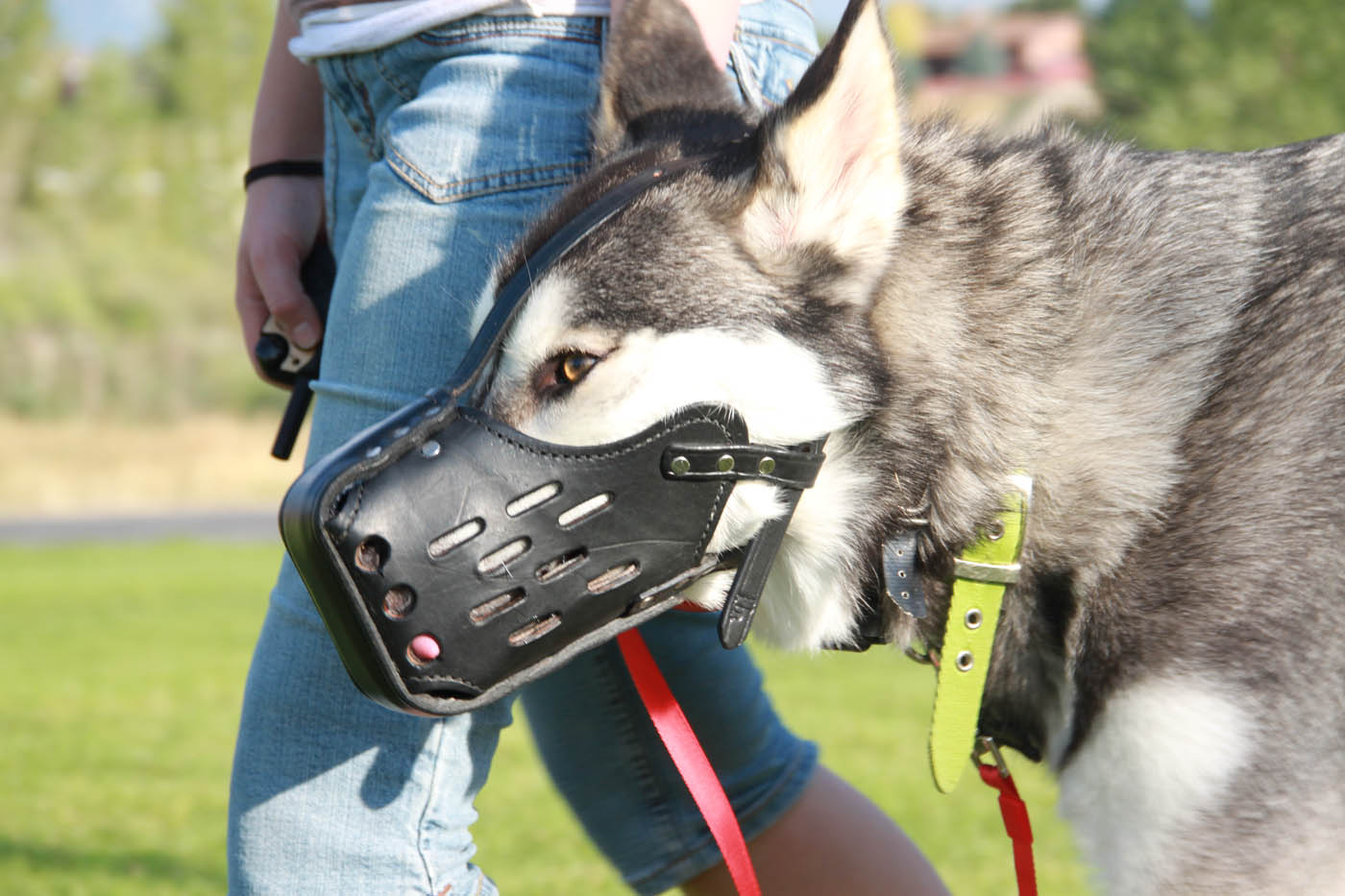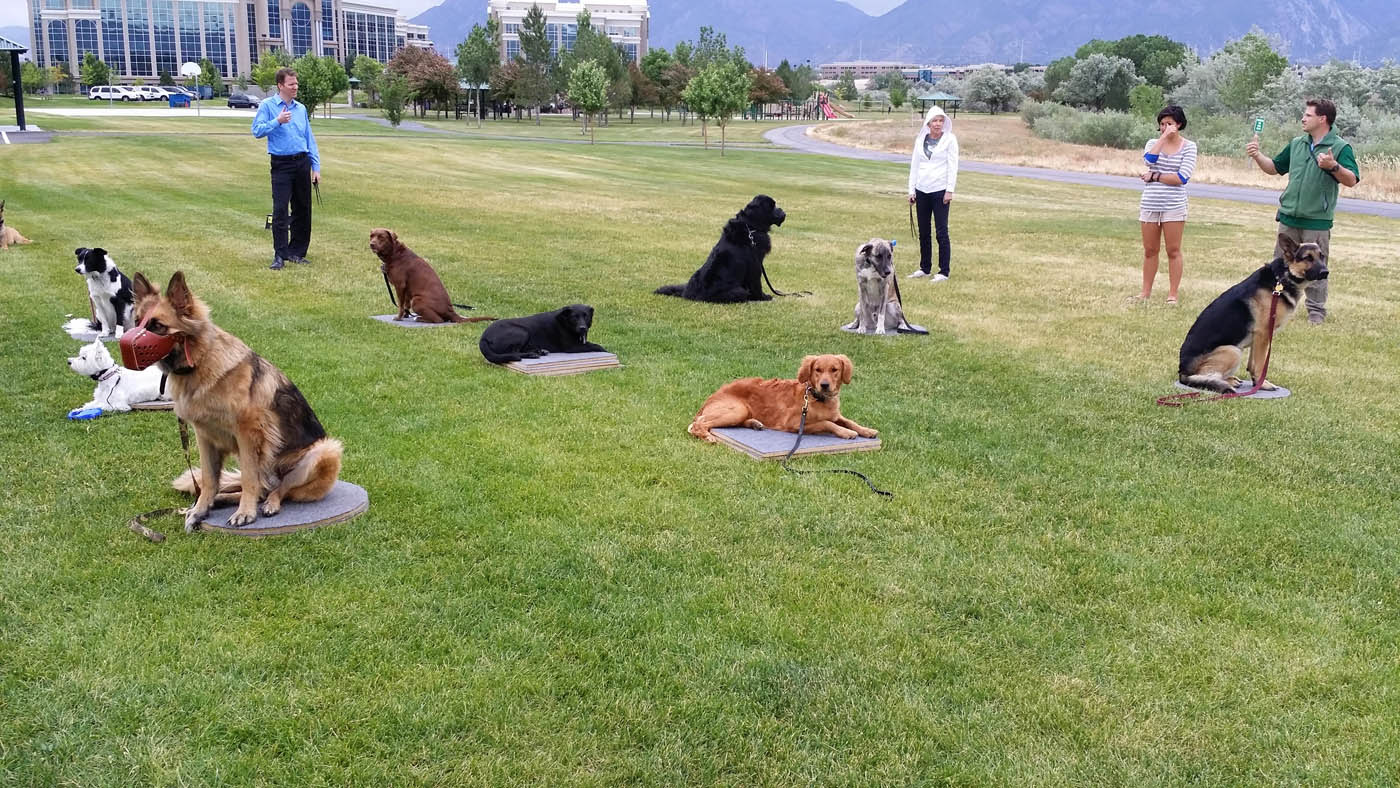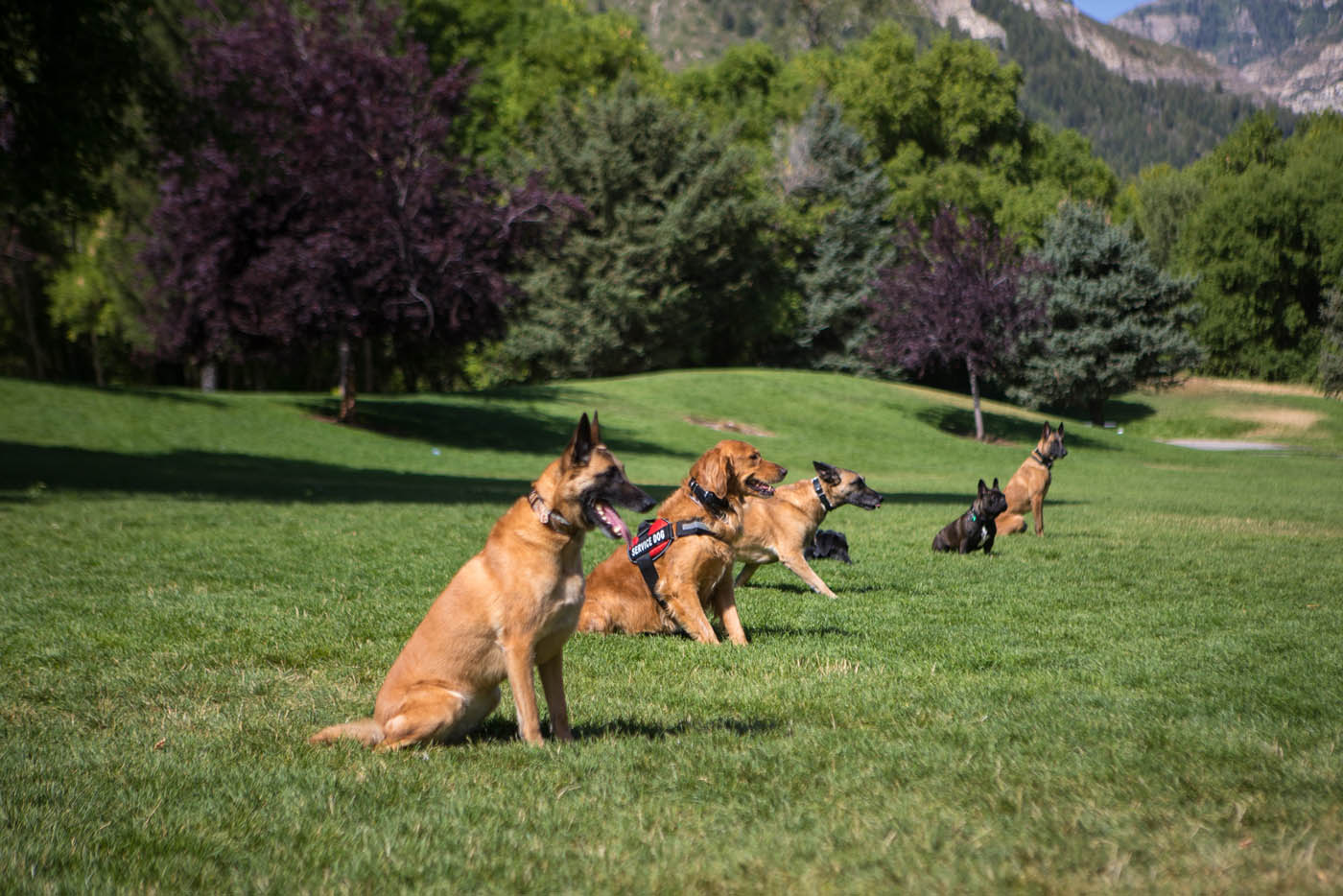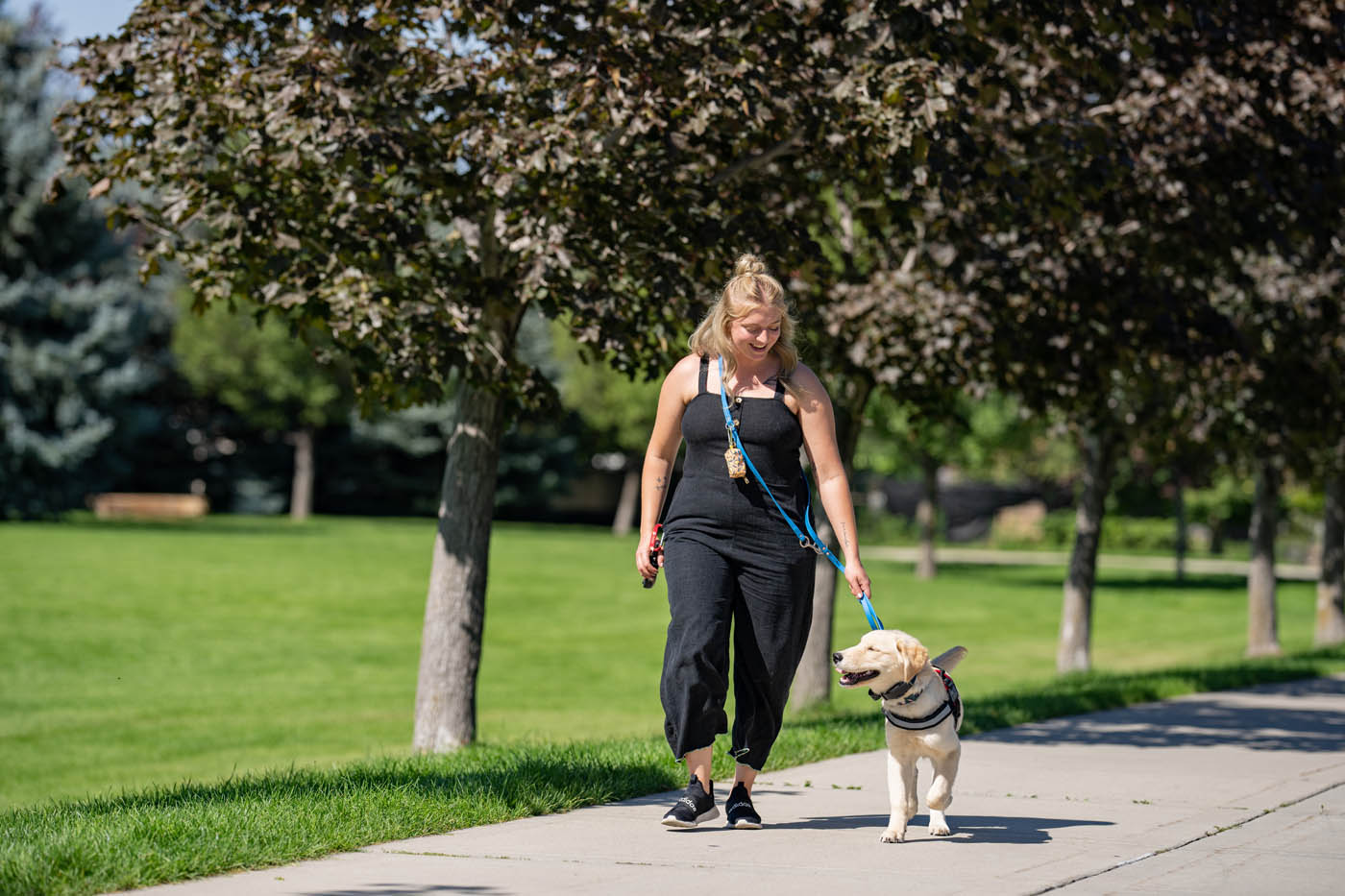
Therapy Dog Training in Myrtle Beach, SC
What is a Therapy Dog?
A therapy dog is trained to provide emotional support and comfort to people in need, often visiting hospitals, nursing homes, and schools. These dogs must be friendly with strangers, able to handle high levels of distraction, and understand personal boundaries like not jumping, licking, or mouthing. With proper training, therapy dogs can bring joy and emotional relief to those they interact with, offering companionship in stressful environments.
At Dog Training Elite, we specialize in therapy dog training in Myrtle Beach, SC, helping dogs develop the temperament and skills needed to provide emotional support and comfort in a variety of settings. Our customized programs are designed to guide you and your dog through the certification process with compassion and professionalism. Whether your goal is to visit hospitals, schools, or community centers, we ensure your dog is well-prepared to offer calm, dependable companionship to those in need. With our expert training methods, your dog can become a confident and trusted therapy companion in the Myrtle Beach community.
See Training Packages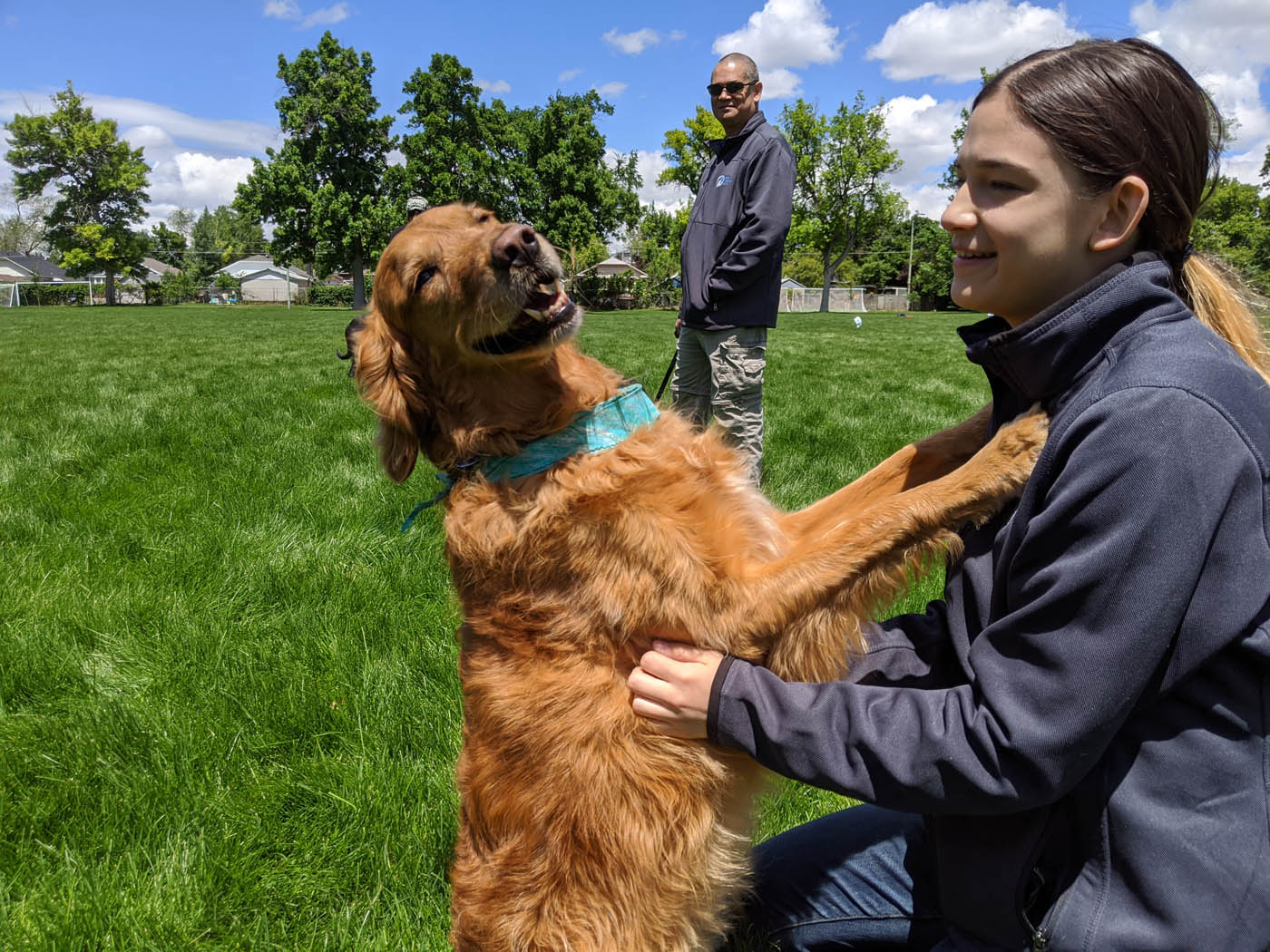
How Does a Dog Become a Therapy Dog?
While the companionship your dog brings you may inspire you to share that with others, not every dog is suited to be a therapy animal. Beyond a friendly, loving personality, several important qualifications must be met for a dog to be considered for therapy work:
- Age: Puppies are typically too energetic and lack the focus to be therapy dogs.
- Obedience: A therapy dog must follow commands reliably. Dogs that have completed obedience training with Dog Training Elite have the solid foundation needed to begin therapy dog training.
- Social Skills: Therapy dogs need to naturally enjoy meeting new people and must handle being petted and approached by strangers without anxiety. Their ability to remain calm and friendly, even in unfamiliar situations, ensures they can provide emotional support to those they interact with.
Get Your Free Assessment
You and your canine companion really can have it all. See how easy it can be to become a member of the elite pup society by requesting a free consultation today!
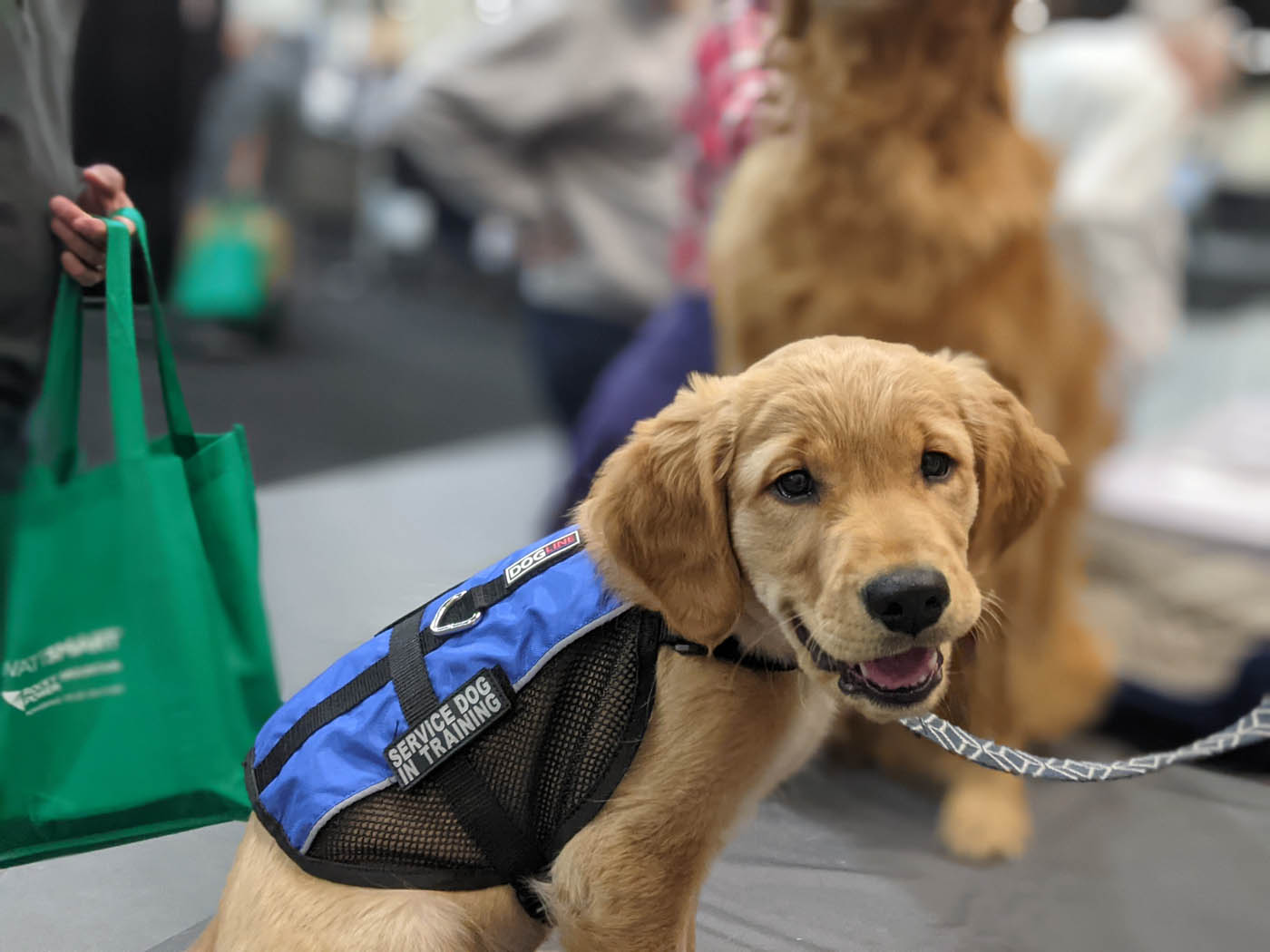
Benefits of Therapy Dogs
Therapy dogs have a profound impact on individuals’ emotional and physical well-being. Research demonstrates that therapy dogs can improve a patient's mood, reduce stress, and even lower pain levels during hospital stays or medical treatments. Their calming presence provides comfort and relief in challenging moments.
Children, in particular, often respond well to therapy dogs. The companionship and playful interaction of a therapy dog can motivate children to engage more fully in treatments, helping them overcome fear or reluctance. With a therapy dog by their side, children tend to feel more optimistic and less anxious.
Beyond medical settings, therapy dogs also foster social interaction, especially in autism and mental health communities. These dogs offer non-judgmental companionship and serve as a bridge for individuals who may struggle with social connections. By reducing feelings of loneliness and anxiety, therapy dogs offer their owners comfort and companionship that enhances the overall quality of life.
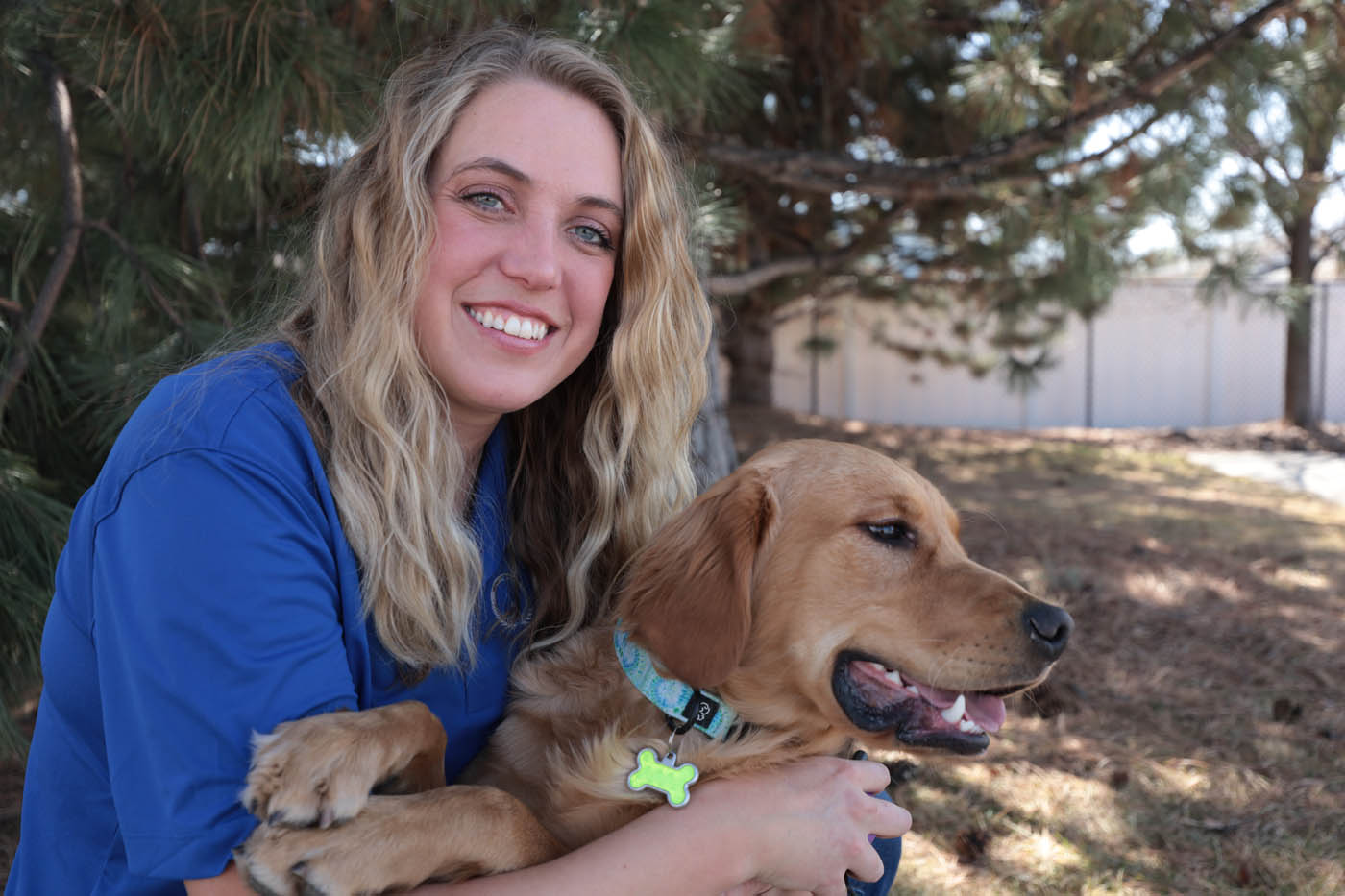
Therapy Dog Handlers
If you’ve ever wanted to make a meaningful impact in your community, becoming a therapy dog handler offers a unique opportunity to do so alongside your dog. You can choose where to volunteer based on your interests, such as schools, hospitals, or senior living centers.
Once you’ve decided, therapy dog training is the next step. Dog Training Elite Grand Strand’s expert trainers will help your dog master essential behaviors like loose-leash walking, “leave it,” and not jumping on people. After completing training, you can apply for therapy dog certification, but it’s essential to keep up with ongoing training to ensure your dog remains well-behaved and ready to assist.
Additional Training Programs

Myrtle Beach Emotional Support Dog Training
Why Choose DTE for Therapy Dog Training?
At Dog Training Elite Grand Strand, our training programs prepare your dog for real-world situations where their presence can provide emotional support and comfort. Beyond just obedience, our training teaches your dog how to handle stressful or highly stimulating environments like hospitals, schools, or nursing homes.
We also place a strong emphasis on socialization and adaptability, making sure your dog can confidently engage with people of all ages and backgrounds. Therapy dog work requires attentiveness and empathy, and our training helps your dog develop these traits. With a foundation of trust, consistency, and patience, your dog will be fully equipped to offer comfort and companionship wherever it’s needed.
ESA vs. Therapy vs. Service Animals
What's the Difference?
Animals that provide assistance and companionship can be classified into three main groups: service animals, emotional support animals (ESAs), and therapy animals. Each has different responsibilities, training requirements, and legal protections. Knowing the differences can help you choose the right type of support for a disability, emotional needs, or therapy purposes.
Here are the defining features of each type:
Service animals are trained to help individuals by performing tasks that meet their specific needs, such as:
- Redirecting attention when an individual is beginning to feel overstimulated
- Reminding owners to take medication
- Waking someone who is having a nightmare
Service dogs are highly valued in the mental health and disability community and are protected under ADA laws, allowing them to accompany their owners anywhere. At DTE, we provide specialized training for service dogs that assist individuals with autism, diabetes, and PTSD.
The key difference between ESAs, therapy dogs, and service dogs is that service animals are protected by the Americans with Disabilities Act. This means they are allowed to go anywhere their owner goes. ESAs and therapy dogs do not have the same protections as service dogs, and public places can set their own rules about allowing them.
ESAs are prescribed by licensed mental health professionals to help individuals with mental health conditions such as anxiety or depression. These animals provide emotional support simply by being a comforting presence. Unlike service dogs, ESAs are not trained to perform specific tasks related to their owner's condition.
ESAs can be of any breed or age, and while they do not require the same level of training as service dogs, many owners choose to seek additional training. This can help strengthen the bond between the owner and the animal and improve the ESA's ability to provide consistent emotional support in different situations.
Therapy animals provide comfort and emotional support to individuals in need. They are not trained to assist a single person but are instead taught to be well-behaved and sociable around various groups of people. These animals help reduce stress, anxiety, and loneliness for those they visit.
Unlike service animals, therapy animals are not required to perform specific tasks. Their calming presence is what makes them valuable in therapeutic programs.



